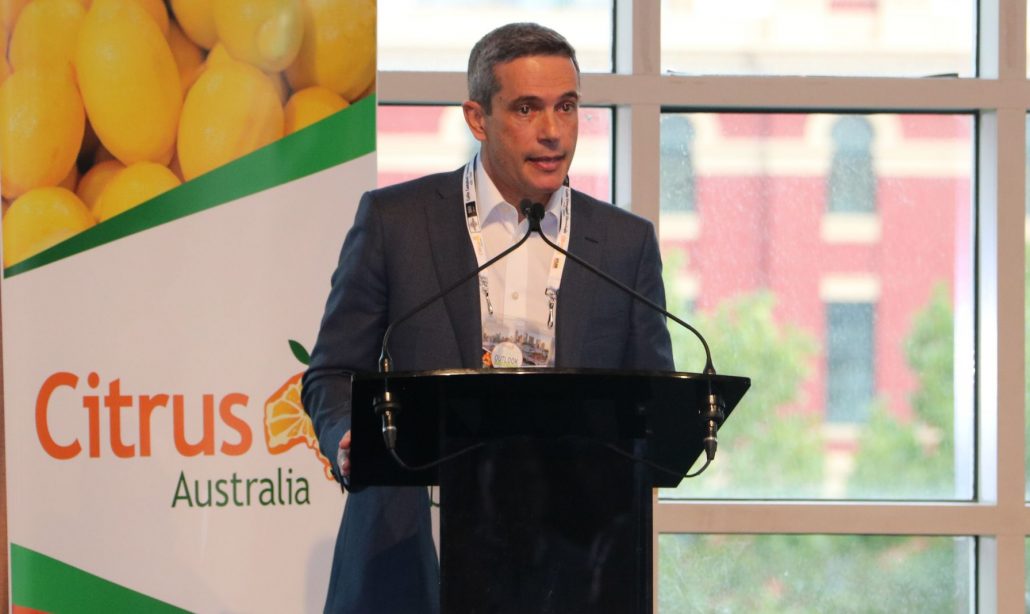13 July 2020
Circular economy critical in minimising plastic footprint
Circular economy critical in minimising plastic footprint
13 July 2020
Plastic itself is not the cause of environmental pollution but complications arise when consumers are unable to dispose of it appropriately.
This point was shared by the world’s leading provider of fresh-product packaging systems and solutions, Giró, via group business strategy and sales director David Porta.
“Is plastic the culprit?” David said.
“No. “Materials are not ‘good’ or ‘bad’; materials are used in the ‘correct’ or ‘incorrect’ way.”
Based in Spain, where it was founded more than 90 years ago, Giró supplies the Australian citrus industry through local distributor EDP.
“Giró was initially a textile company producing stockings,” David said. “It was the grandfather of the current president who had the brilliant idea of putting fruit inside instead of women. In that way Giró invented, more than 50 years ago, the net pack.”
Conscious of the need to work with retailers to produce environmentally sustainable outcomes, Giró is at the forefront of innovation once again through its development of a new range of 21st-century packaging machinery and consumables.
“Sustainability is everywhere,” David said. “There is widespread demand for a more sustainable world and there is concern about single-use plastics.
“We all need to educate consumers on intelligent disposal of this plastic so that we don’t float it into the rivers and the sea.”
For Giró, the solution involves not only minimising the plastic content of its fruit packs but also collecting and recycling these in a circular economy.
David said many consumers were unaware that plastic was actually more sustainable than paper in terms of its carbon footprint: “When producing paper we need a lot of water and much more energy than when producing plastic so in the end plastic is more sustainable if we can recycle it.”
Under its recently established Ecogiró brand, Giró now offers a lightweight recyclable known as Netpack.
While the original extruded Ultrabag comprised 18.14 grams of plastic (10.35 grams of net and 7.79 grams of film), today’s knitted equivalent – giving the same storage, transportation and presentation advantages – requires barely more than one third of that: 6.26 grams of plastic (1.75 grams of Ecolight net and 4.51 grams of film).
Streamlining its own use of plastic, working to eliminate over-packaging and emphasising the need to recycle are not the only steps Giró is taking, however.
At the same time, in response to pressure from European supermarket chains, it is providing organic packaging for produce in lots of up to 1.5 kilograms.
“Europeans are saying ‘We want good 100 per cent compostable materials’ while the US, the UK and Australia are looking for lightweight plastic packaging that won’t confuse consumers and contaminate the plastic waste bins.
“We’re seeing these two different trends.”

David Porta
Membership
You are not logged in
If you are not already a member, please show your support and join Citrus Australia today. Collectively we can make big things happen.
